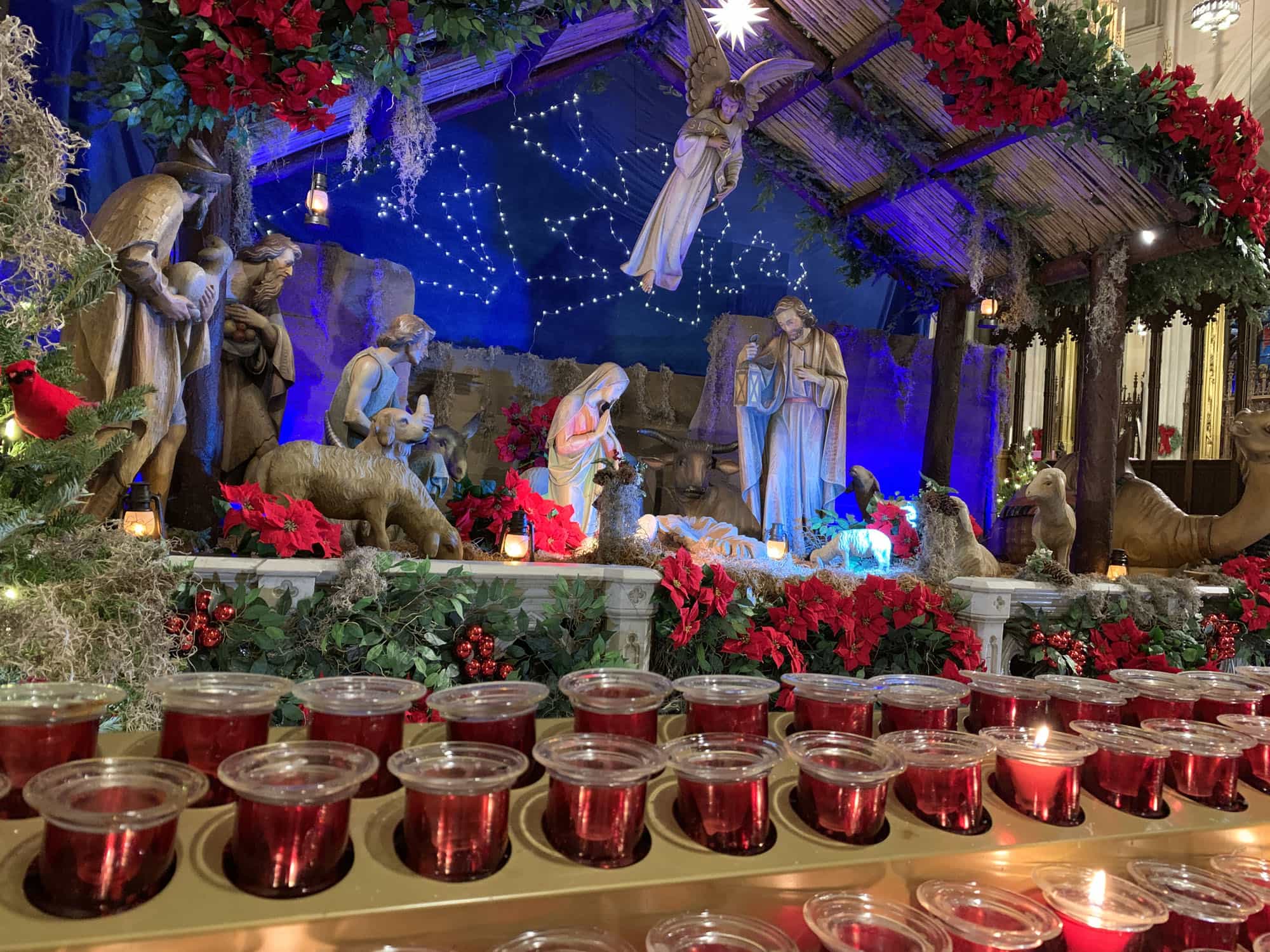Klyne Snodgrass begins his book Who God Says You Are: A Christian Understanding of Identity with this provocative statement: “There is only one question: Who are you? Everything else in life flows from that one question.” It’s true that who we are determines what we think about, how we feel in response to things, how we act, and even our belief about God’s identity. A. W. Tozer said, “What comes into our minds when we think about God is the most important thing about us.”
Snodgrass continues, “That is true whether you are a person of faith or not; the identity question is the question. In fact, every religion, every denial of religion, and every philosophy or ideology seeks to tell people who they are, how they fit with the reality around them, and how they should then live. If your life has any meaning, it will be because you project—and have projected—a meaningful identity.”
For those of us Christians who have struggled with our identity, for someone to simply tell us, “You are God’s son or daughter,” often comes across as a pat answer. This answer is absolutely true, and if we take time to meditate on it and contemplate the wonder and love of it, it will likely strike us with awe and praise. Yet, there is more to this statement.
The Westminster Catechism states that “[Hu]man’s chief end is to glorify God and to enjoy him for ever.” As a child of God, we glorify and enjoy God as a unique individual self. My friend and teacher, retired South African Methodist pastor Trevor Hudson, says, “Spirituality is being intentional about the development of those Christ-shaped convictions, attitudes and actions through which our identity as God’s beloved is formed and given personal expression within our everyday lives.”
“You are the light of the world. … let your light shine before others, so that they may see your good works and give glory to your Father in heaven.”
Light fascinates me, from both a physical/chemical sense and a spiritual sense. From the science side of things, light is electromagnetic radiation. The electromagnetic spectrum is composed of radiation from gamma to radio waves. We’re most familiar with the part of the spectrum where visible light—all the colors of the rainbow—is found. Light exists in both particle and wave form. This makes me think of God, who is both Three and One. The three wise men followed a light to Emmanuel—God with us—the incarnate babe, Jesus. “… God is light and in him there is no darkness at all.”1 John 1:5, NRSVA, BibleGateway. What amazes me is that light can extinguish complete darkness, but darkness cannot completely extinguish light. In life, there is always a spark of hope, which is God, who is Light. My favorite verse says,
“Now the Lord is the Spirit, and where the Spirit of the Lord is, there is freedom. And all of us, with unveiled faces, seeing the glory of the Lord as though reflected in a mirror, are being transformed into the same image from one degree of glory to another; for this comes from the Lord, the Spirit.”
I can’t help but think of glory as light. During Jesus’s transfiguration, he radiated like the sun during his transfiguration and his clothing shone a “dazzling white.”Matthew 17:2, NRSVA, BibleGateway. As Jesus helps us transform to be more and more like him, we shine forth God’s glory so that we become like a mirror for God.
This transformation is our life journey. It’s our story. It is us becoming more and more like Christ from the inside out. How we do this is unique to us. “The Bible is about identity. It explains God’s identity or Christ’s identity, but such explanations never have the purpose of giving abstract knowledge about God. The identity of God or Christ is explained to show what humans created in God’s image are to be.”Klyne R. Snodgrass, Who God Says You Are: A Christian Understanding of Identity (Grand Rapids: Wm. B. Eerdmans Publishing Co., 2018), 2. Whether Christian or not, we reflect God differently since each of us was made with a unique combination of facets of God’s infinitude. But we only become fully human, that is to say the humanity for which God created us, as we begin to look more and more like Christ in us which is the hope of our glory (see Colossians 1:27) in all facets of self: our unique being, personality, character, interactions, experiences, and so on. We are in Christ, and Christ is in us. So now we can complete the identity statement: “You are God’s son or daughter created in the Imago Dei and becoming like Christ and, therefore, will reflect God’s light in your unique way.”
Brother Lawrence worked as a dish washer in the kitchen of a monastery, where he most joyously reflected Christ’s image. “I have accustomed myself to doing everything [in the kitchen] for the love of God.Brother Lawrence and Frank Laubach, Practicing His Presence (Jacksonville, FL: The SeedSowers, 1973), 47. He said, “Sometimes I see myself as a stone before the carver, ready to be made a statue. I present myself to God desiring Him to form His own perfect image in my soul and to make me entirely like Himself. At other times while praying, I feel my whole spirit and soul lifted up, with no effort on my part at all, to the very center and being of God.”Brother Lawrence and Frank Laubach, Practicing His Presence (Jacksonville, FL: The SeedSowers, 1973), 78. We are in Christ, and He is in us, so we are literally surrounded within and without by Christ.A selection of verses to be read within context for
Us in Christ: Ephesians 1:10, 2:6, and 5:30,
1 Corinthians 12:13, and 2 Corinthians 5:21;
Christ in Us: Ephesians 3:17, Colossians 1:27 and 2:6, 1 Corinthians 6:19,20, and 2 Corinthians 12:9; and Both: Ephesians 1:13 and Romans 8:9. How is Christ shaping your life to look like him? How is your life story unfolding? It matters.
No man [or woman] is an island, entire of itself; every man [and woman] is a piece of the continent, a part of the main; if a clod be washed away by the sea, Europe is the less, as well as if a promontory were, as well as if a manor of thy friend's or of thine own were; any man's [or woman’s] death diminishes me, because I am involved in [human]kind, and therefore never send to know for whom the bell tolls; it tolls for thee.Luminarium: Anthology of English Literature. n.d. “Devotions upon Emergent Occasions.” Accessed October 21, 2022. https://www.luminarium.org/sevenlit/donne/meditation17.php

